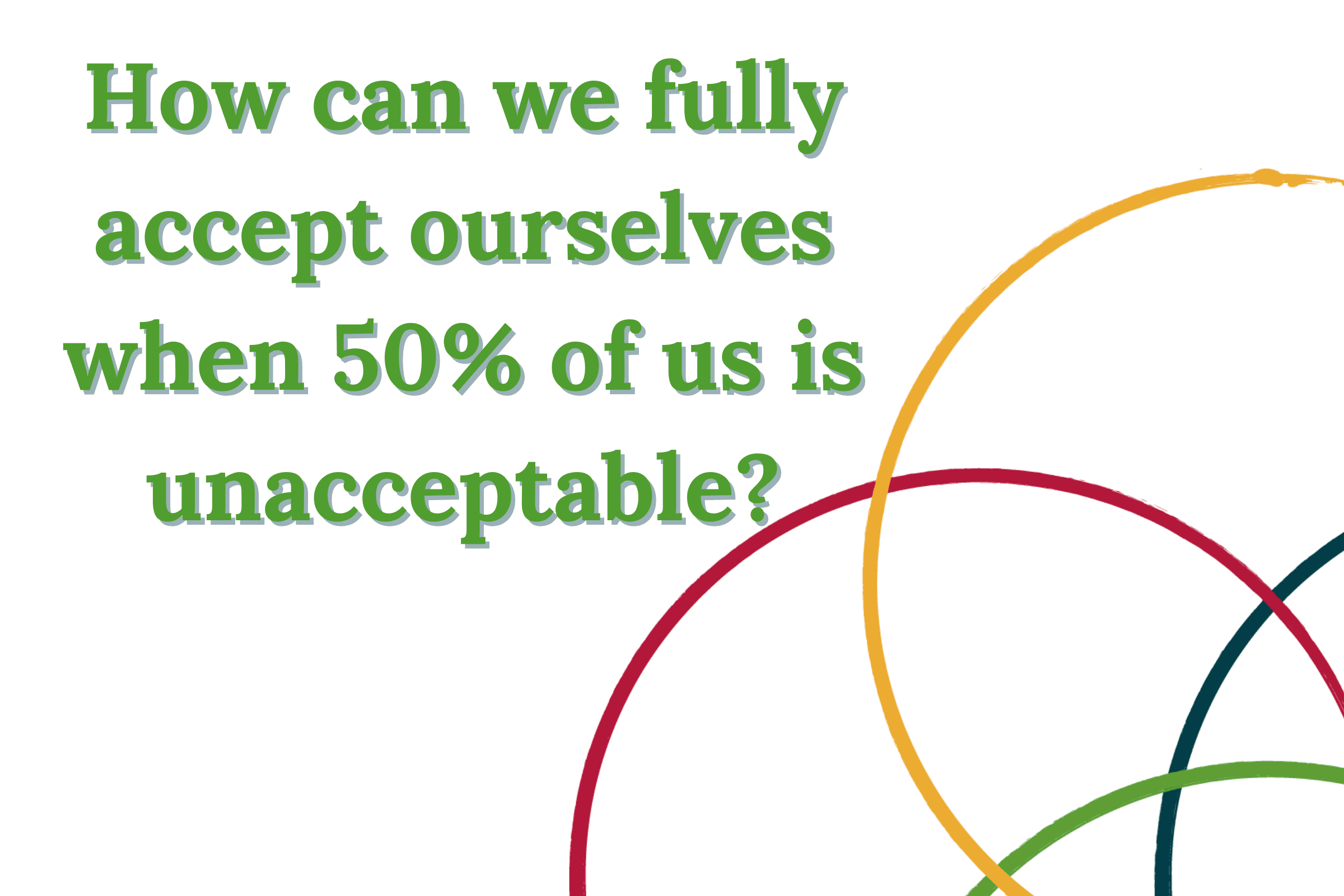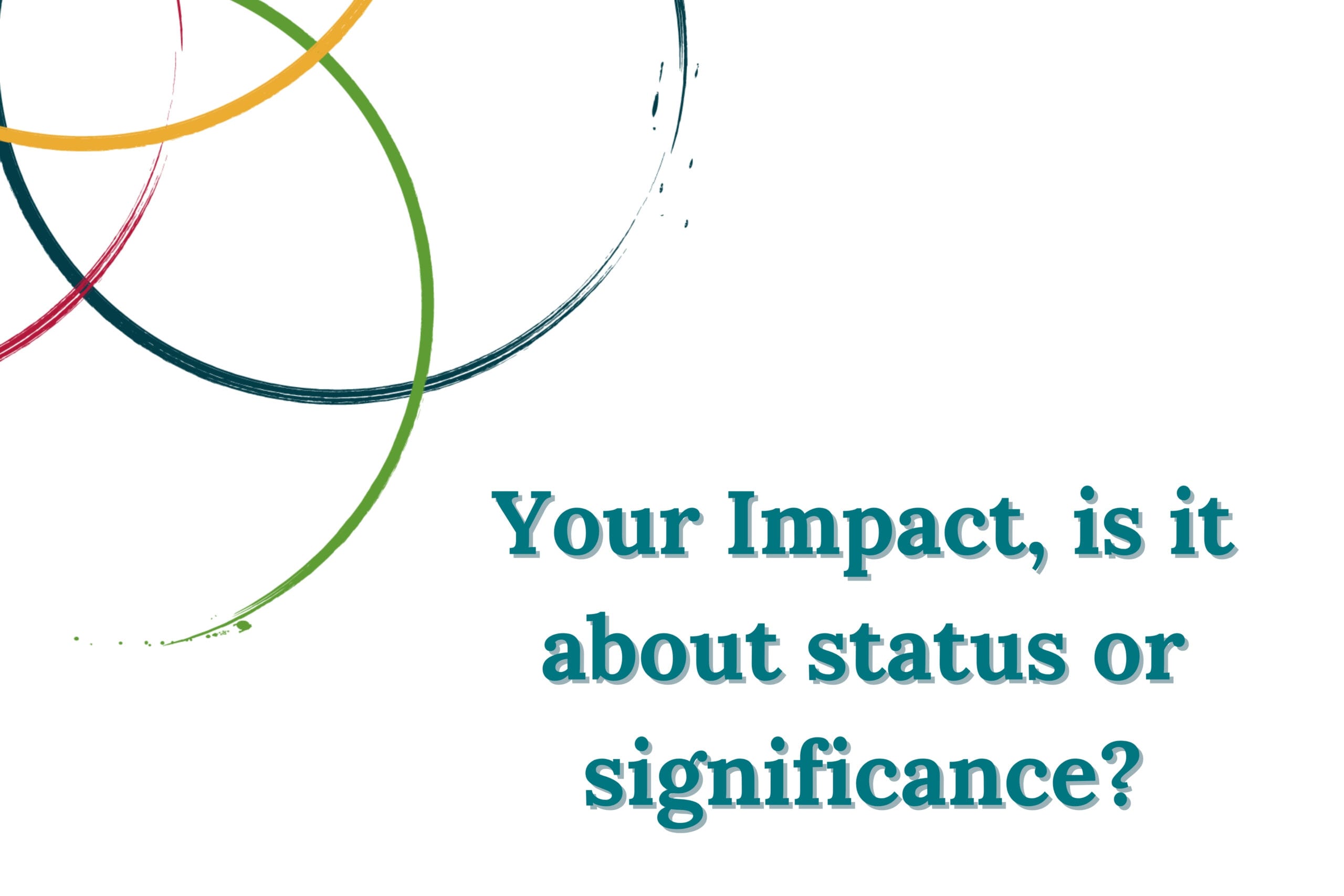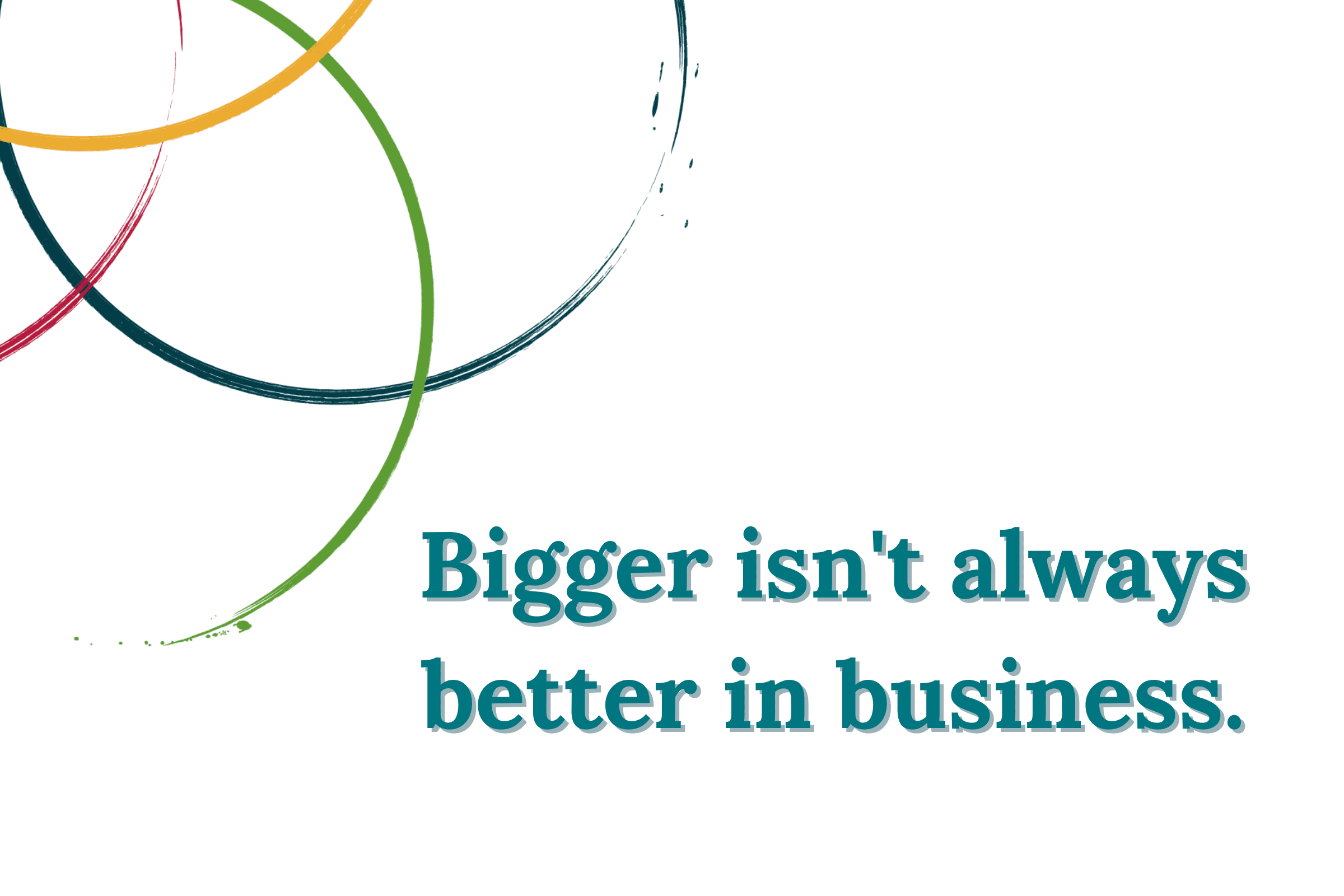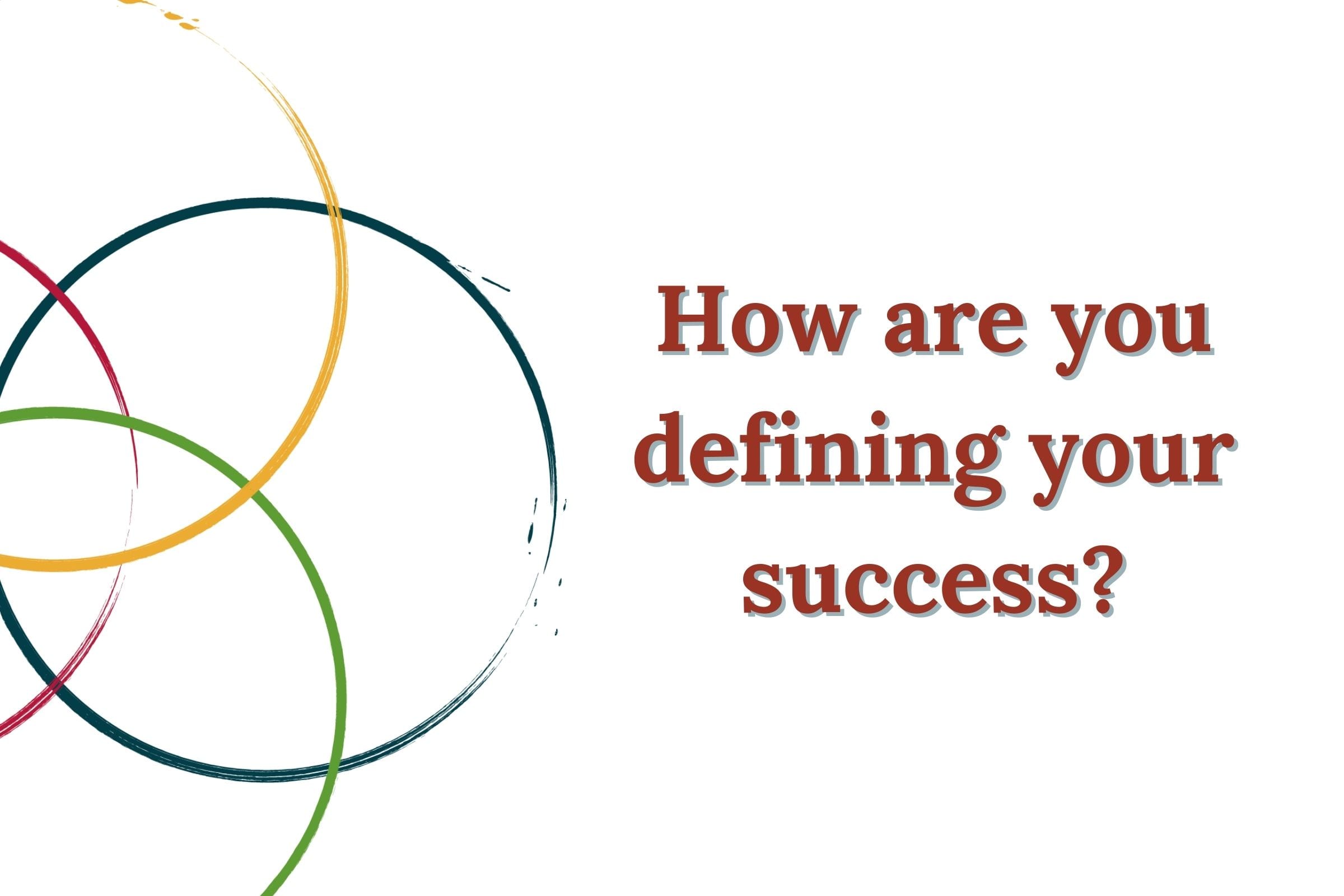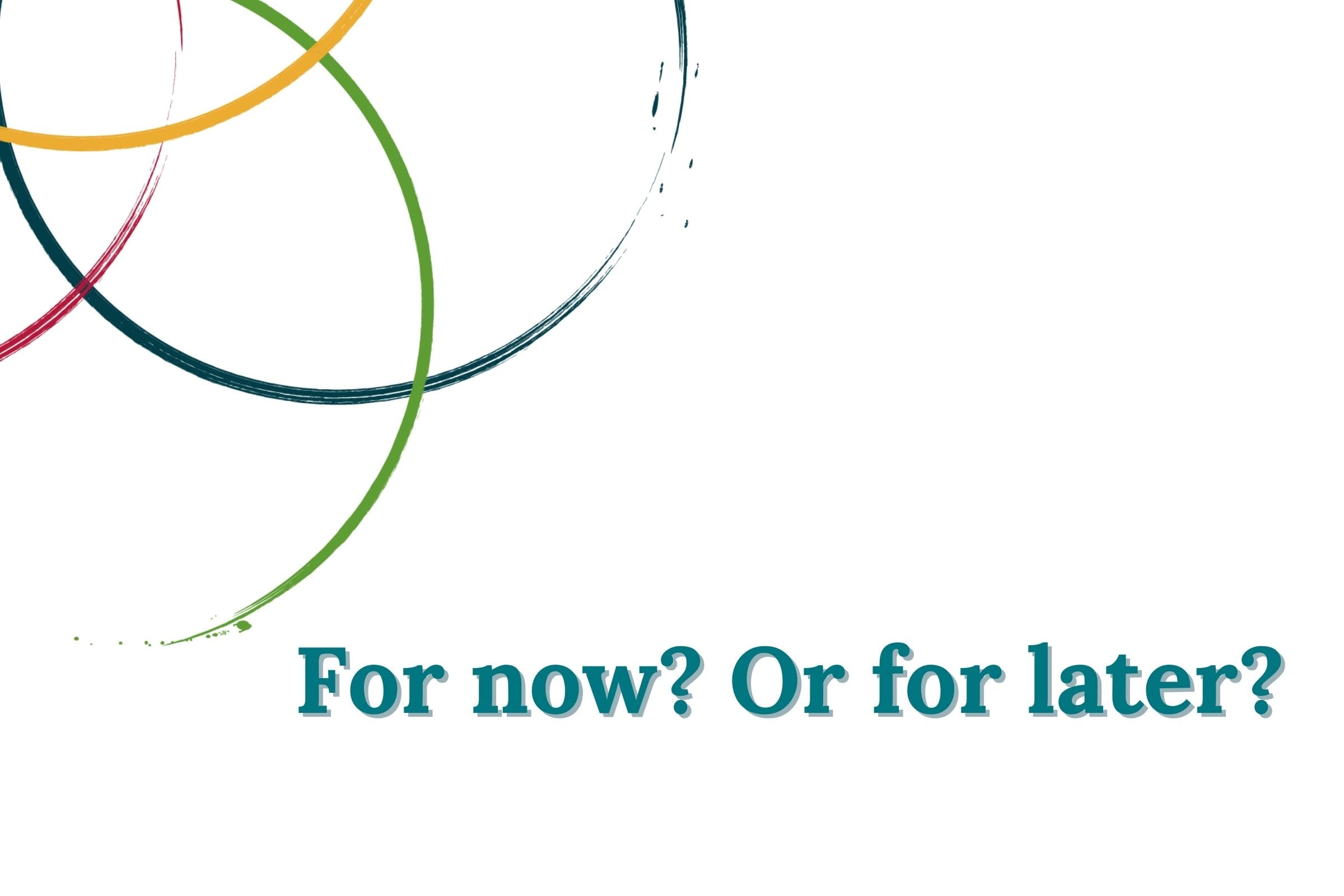It is really hard to avoid getting sucked into comparison and competition activities. The encouragement to compare and to compete is everywhere, all the time – every time you fingerprint yourself into your phone! Additionally social comparison is an innate human tendency, whether helpful or not it is a big part of how we determine our own levels of happiness – like we don’t know how to feel “happy” in ourselves so we look to the outside to see if we “should” be happy in comparison to others!
We really struggle to make assessments objectively so we turn to comparison instead to ascertain how well we are doing and how happy we are – not surprising really when you think that from a young age we were evaluated on our strengths and skill levels in comparison to others and it affected how we were perceived by our peers at the time.
From these evaluations came certain labels – ‘the one’ or ‘the good ats’ – the sporty one, the clever one, the good at drama, the good at art, the good at music – and slowly we became defined by our strengths and skills. In fact the labelling did not stop there. The authority figures in our lives, as we were growing up, labelled things as good or bad, right or wrong; sometimes in alignment with societal norms, sometimes in congruence with their own upbringing and sometimes purely subjectively based on preference!
We were praised for the “good” and punished for the “bad” and so our own tools and criteria for judgement developed in a rather one-or-the-other, all-or-nothing, black-and-white with no grey area, absolute and extreme way.
Labelling shapes perception, affects beliefs and behaviours and also has an impact on self concept and social identity.
It is not until we reach adulthood that some of us start to question the things we had internalised as truths growing up and whether or not our real life experience confirmed or dispelled these notions.
- I grew up believing that being confident and decisive was actually bossiness and unbecoming of a little girl – labelled bad.
- I grew up believing that having and opinion that differed from others and speaking up was actually rude and made other people uncomfortable – labelled wrong.
- I grew up believing that being conspicuously good at something was actually showing off and saying you were good at something was boastful – labelled bad.
- I grew up believing that there was a direct correlation between being liked/loved and being good at the things that mattered to those from whom I needed and wanted liking and loving – and when that liking or loving was in deficit the obvious conclusion drawn was that I was not good enough, aka bad and wrong.
Eeeek. Can you relate?
I am sure we all had our own sets of rights and wrongs – have a think about yours and how they might have shaped the person you have become and your patterning tendencies.
In response to the right/wrong, good/bad labelling, what did I do?
I exaggerated the “positive” and “rewarded” labels and suppressed the parts of my personality that were judged as “negative” – Bossy Beatrice went into the depths of my own version of Area 51 and Obedient Octavia was projected into the world as the mask that made sure the outside world didn’t even get a whiff of Beatrice!
Instead of using my own internal compass to ascertain whether I liked certain personality traits, instead of basing my evaluation of myself on how different personas made me feel, I judged “appropriateness and acceptance” based on feedback from my environment.
Instead of loving and accepting all aspects of me I tried to hate myself into a more acceptable version and I started defining myself by my deficits. In fact, I can put my hand on my heart and tell you I have had more conversations in this lifetime about the things I am rubbish at than the things I am good at – not the best foundational practice for job interviews later in life!
As I explore this more in adulthood I realised that words are open to subjective interpretation. One person’s aggressiveness, is another’s assertiveness, is another’s directness. Some person’s stubbornness, is someone else’s determination, is someone else’s insubordination. One person’s intimidation, is another’s persuasion, is another’s overenthusiasm.
In short, you can’t ever “get it right” when it comes to other people’s perceptions and labelling of behaviours and if you do try and get it right for everyone else, then you run the risk of living a chameleon-esque existence typified by people pleasing.
So if you can’t get it right for everyone, just focus on getting it right for one person – you.
Focus on being happy with who you are and that means accepting all aspects of yourself. Accept that there are no “good or bad” traits as absolutes and that between polarities and extremes there is always a spectrum. Understand that in any extreme version there only lies self destruction.
Let’s take selfishness (labelled bad) and its polar opposite selflessness (labelled good) as a quick example – can you think of a time when being selfish might be a good thing, when it might serve you? (taking the last Rolo springs to mind); and can you think of a time when selflessness might harm you? (just doing that one extra thing for someone else at the detriment to your own wellbeing or relationship with loved ones……).
It is also a complete myth that we can have one without the other – we can exaggerate one and suppress the other but they are both still there. Let’s take courage for example, a valuable and praised trait. You can’t have your courage without also owning your cowardice. Face it, both extreme courage and extreme cowardice can have the same outcome – death. In certain situations it will be the cowardice that keeps you alive, like when you decide to be a “chicken” and not take the dare to play chicken with traffic; and sometimes it will be the courage that keeps you alive so you need both, they both have a part to play.
The biggest problem is the “blanket” application of badness or wrongness and we dismiss that these traits might be of valuable service in certain situations – I would certainly rather have Bossy Beatrice by my side than Obedient Octavia when big decisions need to be made and implemented.
It is in the joining of the disowned self with the owned self, bringing each into healthy expression that allows the real self to emerge in full self acceptance.
Self acceptance is seeing all the parts of you that make you exactly who you are, without judgement, and embracing that you are who you are, and that must be celebrated. If it is there anyway, and hiding it takes effort and energy, you might as well own it, take responsibility for it and see how it can be used in healthy expression to serve self and others.
Self acceptance is living your life beyond limitation and label, being unashamedly you without apology.
Self acceptance removes the obstacles we put in our own way.
When you have the space to focus on the things that matter then maybe, just maybe, you will realise that you are pretty much imperfectly perfect. When you stop struggling against yourself, with who you are (and how you “should be”), then you are free to focus on the things that really matter, and to see yourself in wholeness, just the way you are, no changes required.
When you accept what is, you learn to love yourself “as is”, just like that.


